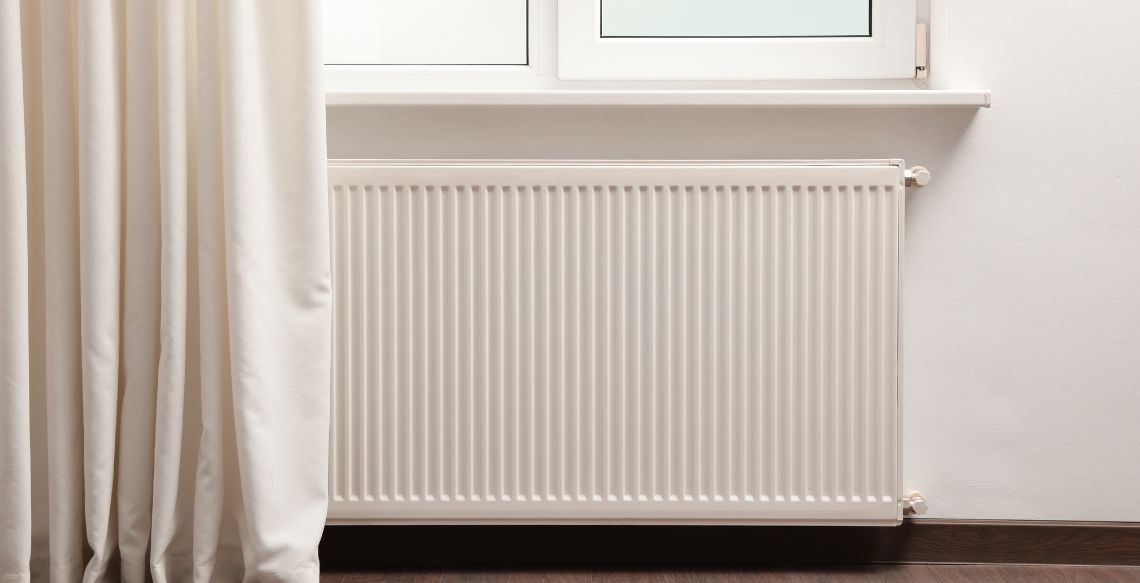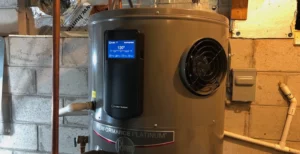INTRODUCTION:
Choosing the right radiator heating system for your space requires careful consideration, especially when aiming for efficiency, comfort, and aesthetic integration into your home or office.
With advancements in technology, radiator heating systems have evolved, offering various options to suit different needs.
In this comprehensive guide, we will explore the essentials of radiator heating, from its operation and components to its benefits, and the factors to consider in making an informed decision.
What is Radiator Heating?
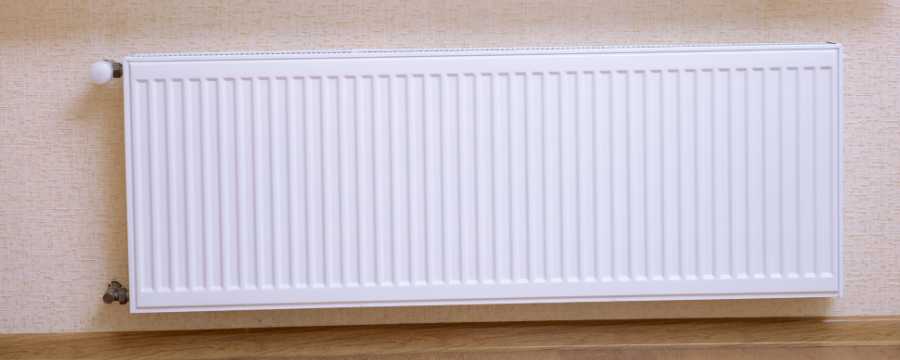
Radiator heating is a traditional and effective method of warming indoor spaces. It operates by circulating hot water or steam through a network of radiators to distribute heat.
More recently, electric radiators have become a popular alternative, providing heat by converting electricity directly into thermal energy.
How Radiator Heaters Work
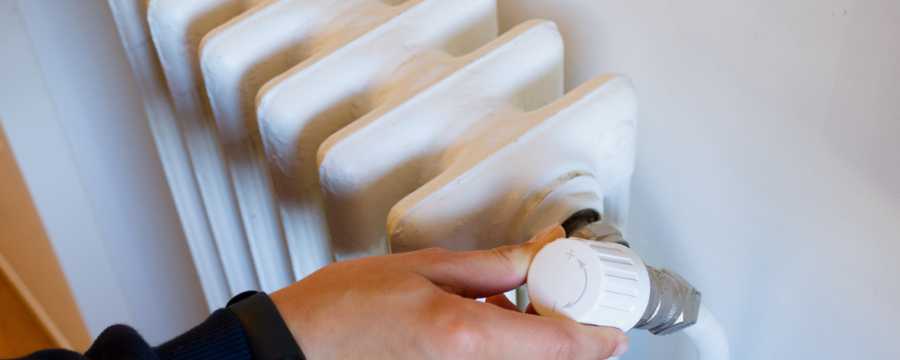
The principle behind radiator heaters is simple yet effective. For water-based systems, a boiler heats water which then flows through pipes to radiators strategically placed throughout a building.
These radiators then emit heat into their surroundings. Electric radiators, on the other hand, use electrical energy to produce heat, making them an excellent option for areas without access to a central boiler.
What Makes Up Radiator Heaters?

Radiator heaters consist of the radiator unit itself, which may be made from various materials such as steel, aluminium, or cast iron, each offering different heating characteristics.
Water-based systems also include a boiler and a network of pipes, while electric radiators come equipped with heating elements and often feature built-in thermostats for temperature control.
What Are the Benefits of Radiator Heaters?
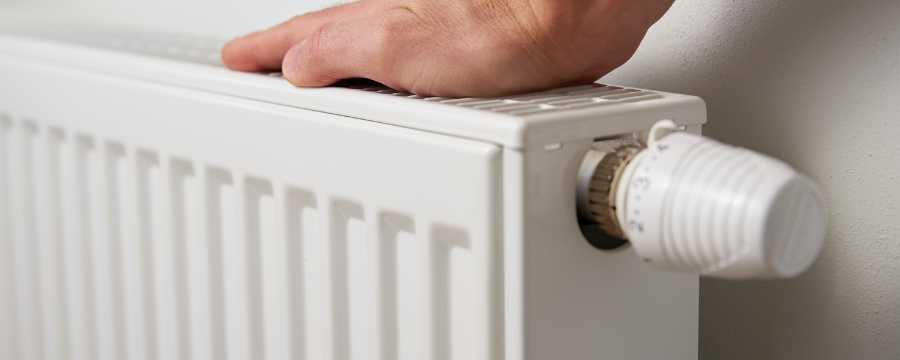
The benefits of radiator heaters are numerous. They provide a steady and comfortable heat, devoid of the noise and drafts associated with forced-air systems.
Radiators can also be controlled individually, allowing for temperature customization across different rooms. Additionally, electric radiators are known for their ease of installation and minimal maintenance requirements.
What are the Pros and Cons of Radiator Heating?

Pros:
- Efficient heating that can be zoned for individual rooms.
- Radiant heat provides a comfortable warmth without drying out the air.
- Electric radiators offer an easy installation without the need for pipework.
Cons:
- Traditional radiator systems may require extensive installation and are less flexible once in place.
- Electric radiators might lead to higher electricity bills compared to gas-powered systems.
- The aesthetics of radiators may not suit every interior design theme.
Conclusion
Selecting the right radiator heating system for your space involves balancing factors such as efficiency, cost, installation, and aesthetic preferences.
For those in Victoria, BC, partnering with a reputable company like LIFEMECHANICAL can provide expert guidance and installation services.
With a wealth of experience and a commitment to quality, LIFEMECHANICAL offers tailored solutions to meet your heating needs.
Discover more about their services by visiting lifemechanical and ensuring your space is equipped with the best radiators for comfort and efficiency.

